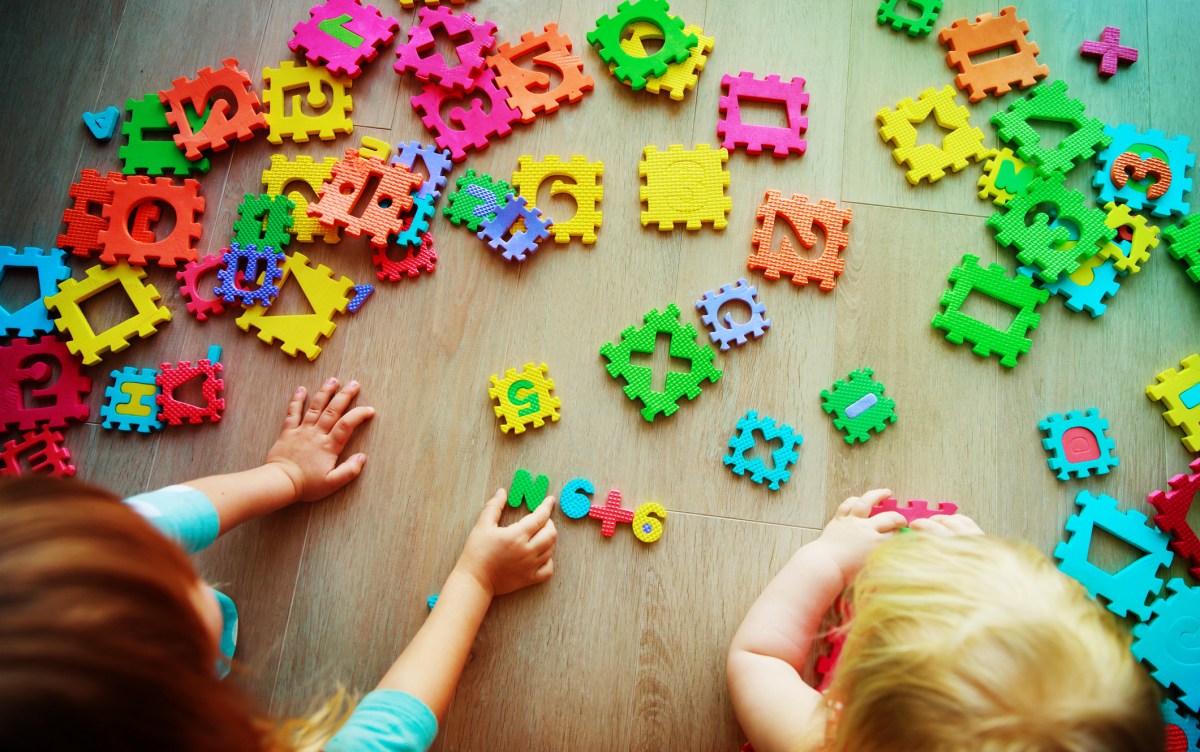A growing body of evidence reveals a rise in developmental delays and challenging behaviors in children belonging to the COVID generation, as USA Today reports.
Born during or shortly before the pandemic, many of these children are talking, walking and interacting later and less frequently, research shows. They’re also more prone to certain behaviors such as outbursts, physical aggression and separation anxiety.
Issues of trauma, stress and isolation affect all children, of course, but infants and toddlers may be the most vulnerable because they have never known life without COVID. The first three years of life are often described as the brain’s window of opportunity, experts say, a time of great promise but also great risk. The most critical growth happens at the beginning, with the size of the brain doubling in the first year.
“The infant-toddler brain is the best sponge you could ever buy,” says Rahil Briggs, who oversees HealthySteps, a national program that provides early childhood development support to families at their pediatric visits, as USA Today reports. “It sucks up everything really good and everything really bad.”
